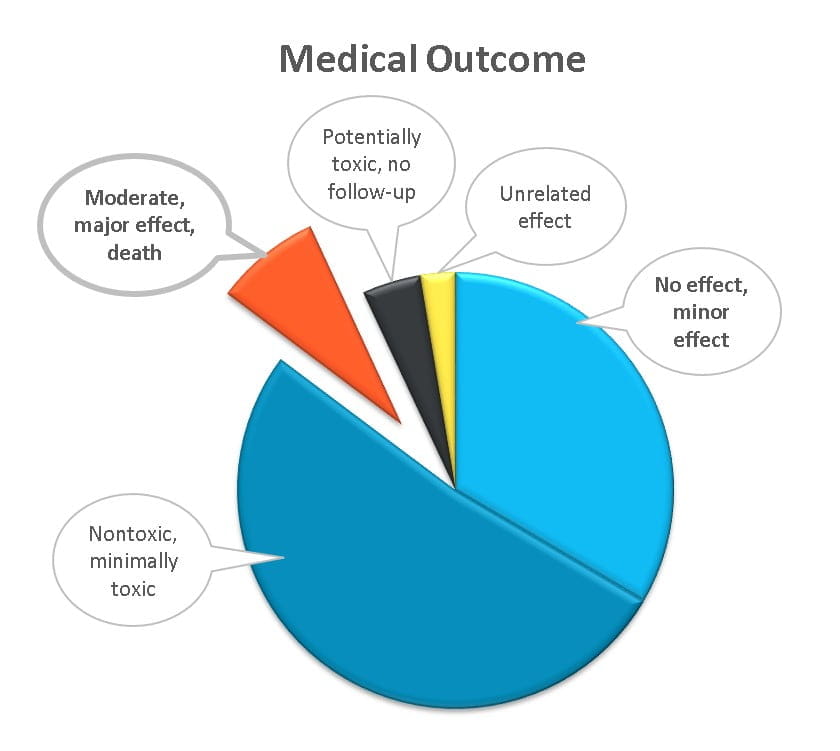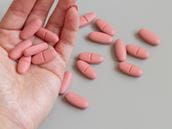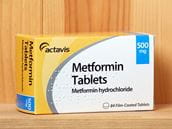
What is a poison and what is Poison Control?
A poison is defined as a substance that can cause harm to the body when consumed or inhaled. Poisons affect the human body in complicated ways.
Displaying 101 - 110 of 382 results for "prescription medication label information"
A poison is defined as a substance that can cause harm to the body when consumed or inhaled. Poisons affect the human body in complicated ways.
Albuterol is a medication used to treat asthma and other lung conditions. In an overdose, albuterol can cause muscle spasms, tremor, high blood pressure, low potassium, and high or low blood sugar. To avoid an overdose, take your albuterol as directed.
Neurontin (gabapentin) is a medication that is used for several different conditions such as nerve pain, epilepsy, and many others. While overdoses with gabapentin are rare, it is important to know the symptoms of an overdose and the risk factors that increase the likelihood of an overdose. To avoid an overdose, take gabapentin as directed.
Synthetic opioids are powerful drugs that can cause life-threatening respiratory depression and death. These drugs are currently responsible for most of the opioid-related fatalities in the United States.
Ivermectin has been safely used to treat parasites (such as heart and intestinal worms) in animals and is approved for use in humans for parasite infections, head lice, and rosacea. It has not been shown to be effective for preventing or treating COVID-19 infection and taking products not intended for human use may lead to serious adverse effects.
Eliquis (apixaban) is an oral medication that reduces the risk of forming blood clots. The most common side effect is bleeding/bruising. Do not take more than prescribed as it puts you at higher risk for bleeding. Follow up with your healthcare provider regularly if you are prescribed this medication.
Ethanol, found in alcoholic beverages, is safe for most adults in moderation. Excessive ethanol intake and consumption of other types of alcohol can be dangerous.
Naloxone (Narcan®), the antidote for opioid overdose, is a safe and effective way of preventing respiratory failure and death from opioid poisoning. Naloxone can be given by health care workers or bystanders to people with suspected opioid poisoning.
Eluxadoline is a medication used for the treatment of irritable bowel syndrome with diarrhea (IBS-D) in adults. The most common side effects of eluxadoline are mild constipation, nausea, and abdominal pain. There are important safety considerations for eluxadoline including rare but serious side effects and a potential for drug-drug interactions.
Metformin is a medication used to treat type 2 diabetes. It has mild side effects and is generally safe when taken as prescribed. Rarely, it can cause a severe and life-threatening condition called lactic acidosis in patients with specific risk factors.
Don't guess what you should do. Get accurate Poison Control answers online or by phone. Both are free and confidential.
or CALL 1-800-222-1222
The Poison Post® is a free, quarterly
e-newsletter delivering poison prevention tips right to your inbox!
Learn the Poison Help jingle in English or Spanish. Use these jingles to teach the Poison Control number: 1-800-222-1222. Available for download.










